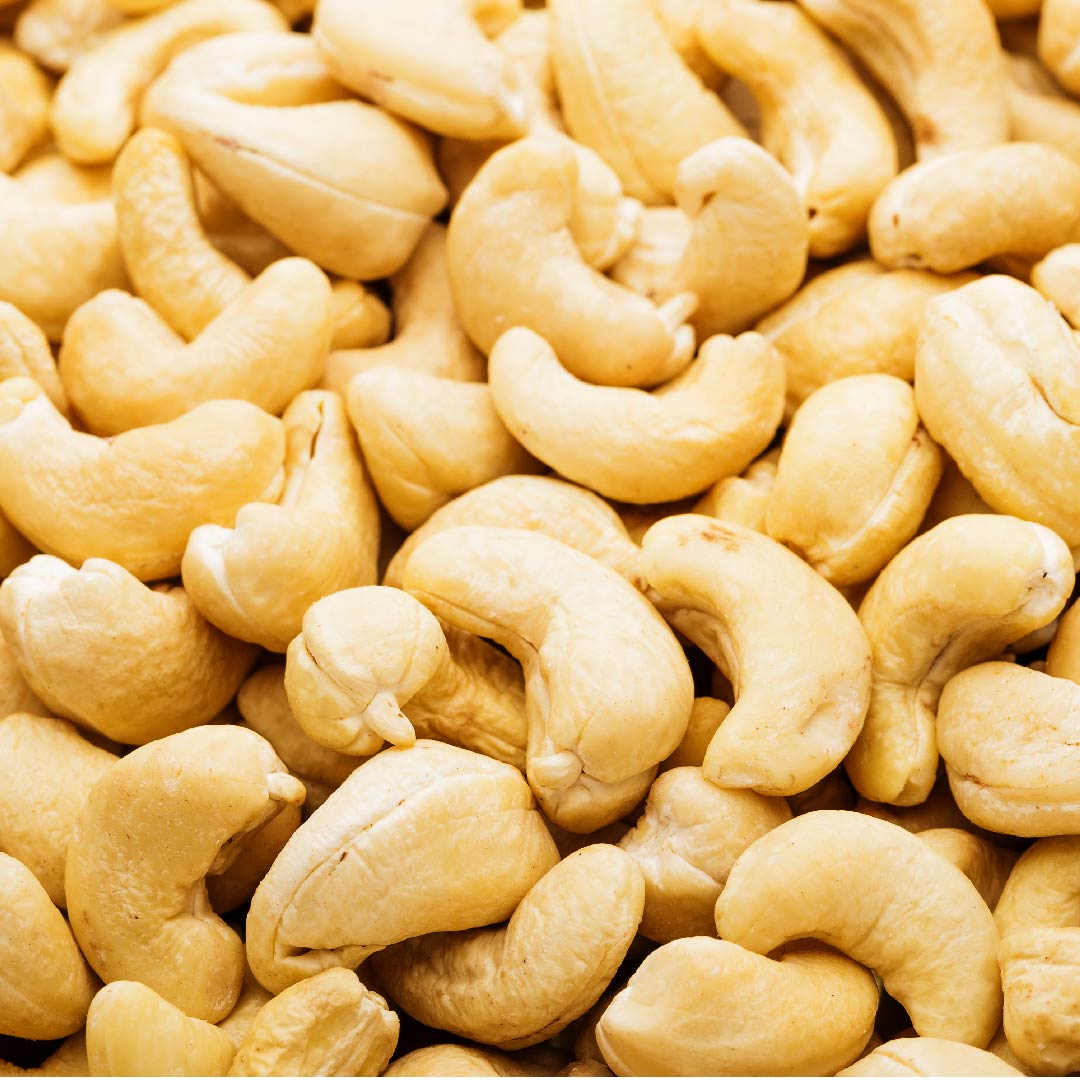Copper
Back to ingredients
Form: Bisglycinate
Food sources: Wholegrain foods such as wholewheat spaghetti, quinoa and brown basmati rice, nuts such as peanuts, cashews and walnuts, seeds including sesame and sunflower seeds, and pulses, and green, leafy vegetables. Also in meat and shellfish.
Benefits of Copper
- Mental performance
- Immune health
- Skin, hair and nails
- Energy
What is Copper?
Copper is an essential nutrient our body needs but doesn’t produce, so we need to gain it in our diet. Copper provides us with a range of health benefits from ensuring our nervous and immune systems are healthy and functioning, to maintaining our hair’s natural colour and sheen.
Copper is needed for the normal functioning of both our nervous and immune systems. It is also important for the brain’s development and is required for cellular respiration and neurotransmitter biosynthesis. Deficiencies (as well as an excess) of Copper have therefore been associated with neurodegenerative disorders. When it comes to our immune system, a lack of Copper is associated with a lack of white blood cells. Copper works in tandem with Zinc, which is why we have optimal levels of both in our award-winning Daily Multi-Vitamin.
Copper contributes to the maintenance of skin and hair pigmentation, protecting our cells and maintaining normal connective tissues. Melanin is a natural pigment which determines the colour of our hair. Copper is involved in the production of melanin, so gaining sufficient Copper in our diet can help maintain the natural colour of our hair. Copper also works directly with zinc for the formation of collagen and helps maintain the normal pigment of your skin. Collagen is the most abundant protein in your body and provides structure to your skin, helping keep it firm and supple. Learn more in ‘The truth about collagen’. Your body needs Vitamin C and Copper to make collagen - even more so as you age. You may also enjoy reading ‘5 key nutrients for healthy hair’.











